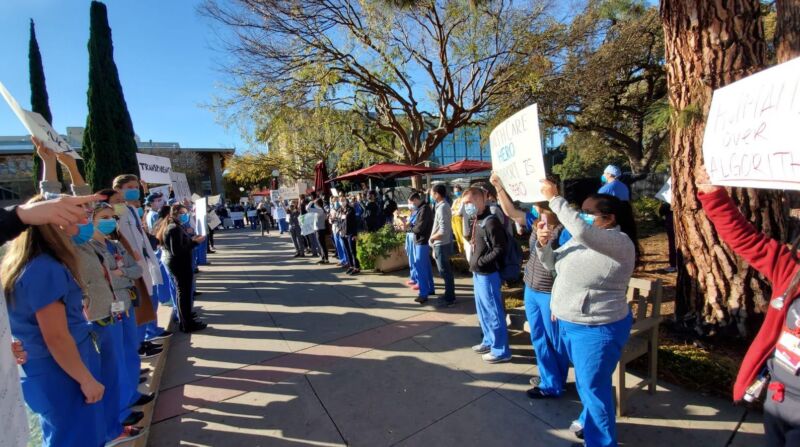-
chevron_right
The shrunken state expects families to fill the voids in health and social care. Woe betide those without children | Gaby Hinsliff
news.movim.eu / TheGuardian · Friday, 9 August - 05:00
As fewer Britons have children, more will be left to navigate our threadbare social care system and overstretched hospitals alone
It was visiting time at the hospital, and the corridors were full of dutiful middle-aged sons and daughters. The woman who held the ward door open for me was balancing a formidable stack of Tupperware boxes: home-cooked food, in case the nurses were too busy to make sure her elderly father ate. Why hadn’t I thought of that? But there’s always something more you probably should be doing; always a ball you might have dropped.
So much about looking after ageing parents reminds me of early motherhood, that old juggling act that, in retrospect, looks almost like a rehearsal. Hello again, my old friend nagging guilt. And hello again, that sense of needing to be in two places at once – except now it’s three, if you are so madly ambitious as to want a job, children and parents.
Gaby Hinsliff is a Guardian columnist
Continue reading...
